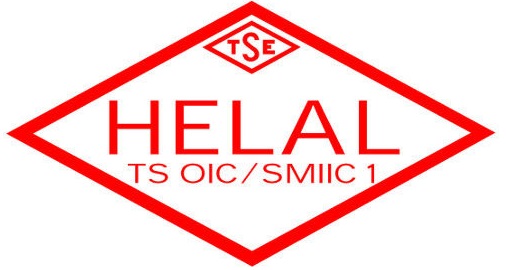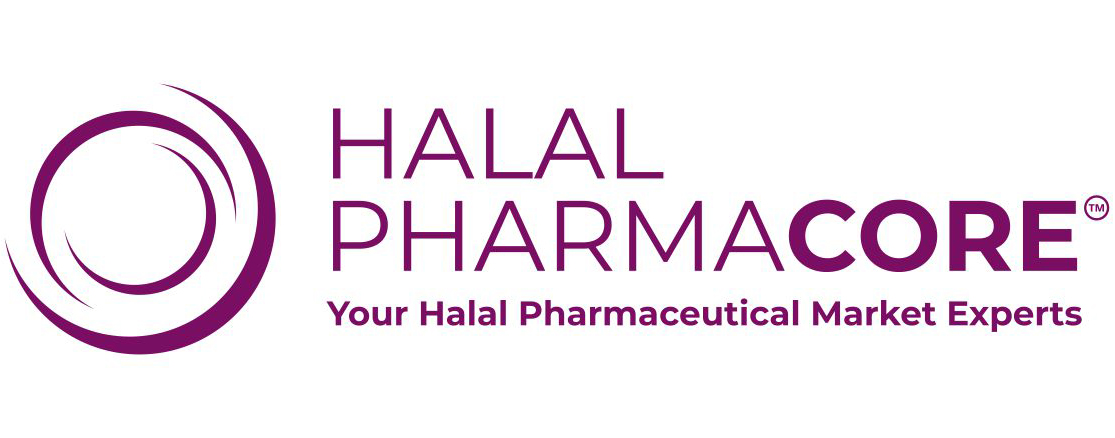Turkey

Laws, Regulations, and/or Policies: Although halal certification is voluntary in turkey, the country has a regulatory framework ready to promote halal pharmaceuticals.
Moreover, Turkey played a leading role in the creation of the Standards and Metrology Institute of Islamic Countries (SMIIC), which consists of 36 member states and was established in Istanbul in 2010. The organization operates under the auspices of the Organization of Islamic Cooperation (OIC) and is focused on developing a reliable certification system based on globally recognized halal product standards. The Institute is responsible for conducting interstate accreditation. While some progress has been made towards establishing a universal halal accreditation and certification system within the Institute, the accreditation mechanism is not yet fully operational.
Halal Certifying Bodies: The halal accreditation authority (HAK), and the Turkish Standards Institution (TSE) are the authorized institutions to set the standards and give halal accredit in Turkey. The Turkish Pharmaceuticals and Medical Devices Agency (TITCK) is also responsible for overseeing the regulation and approval of halal pharmaceutical products in Turkey. It has established a Halal Pharmaceuticals Commission to evaluate and approve the halal certification of pharmaceutical products.
TSE Contact Details:
website: https://www.tse.org.tr/
Requirements for Halal Pharmaceutical Certification:
Turkey is a member of The Standards and Metrology Institute for Islamic Countries (SMIIC). All SMIIC members follow the Malaysian Standard of Halal Pharmaceuticals (MS2424) as the basic guideline for halal certification of pharmaceutical products.
MS 2424: Halal Pharmaceuticals – Malaysia General Guidelines.
